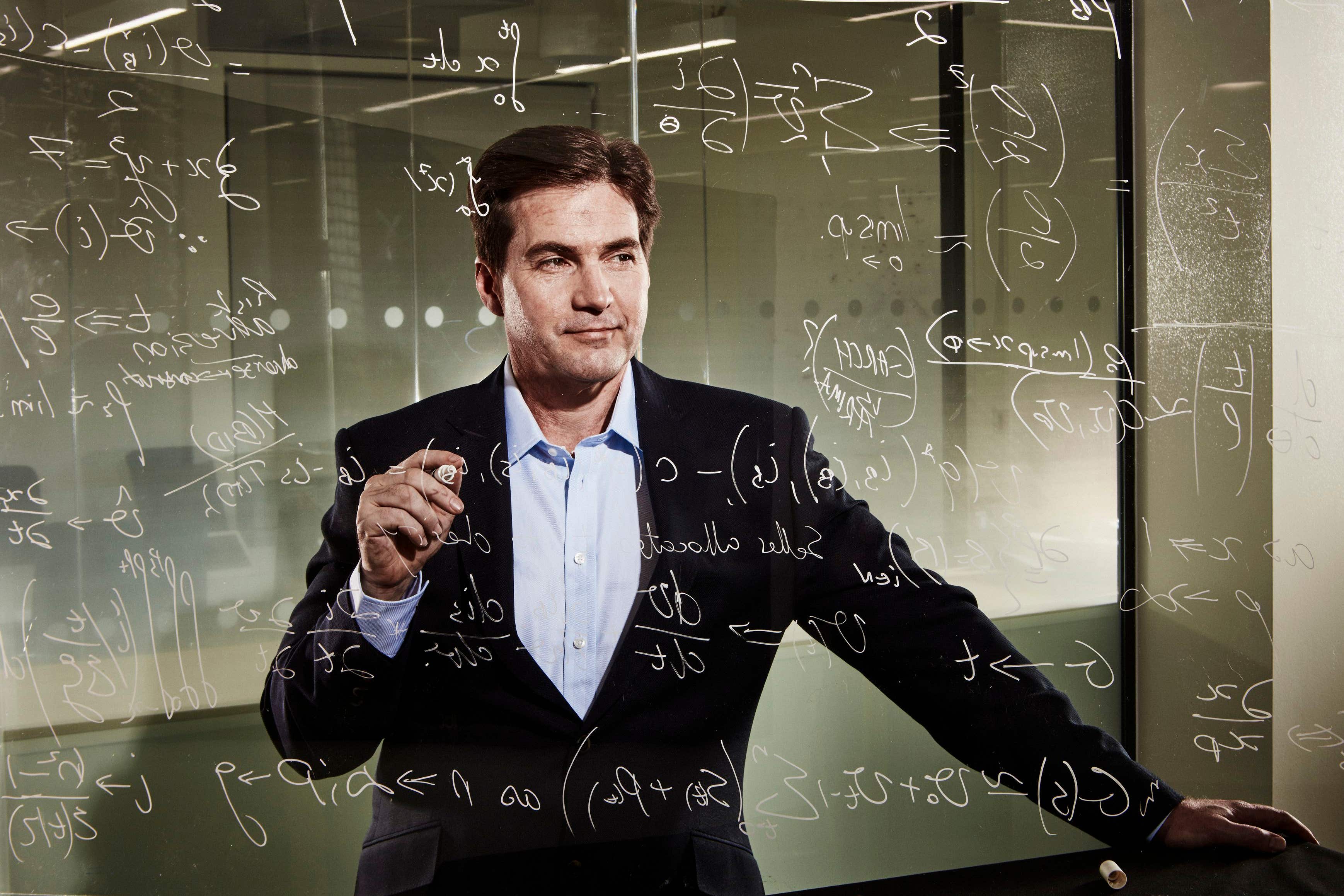Judges end contempt of court proceedings involving ‘Bitcoin inventor’
Dr Craig Wright was facing allegations that he may have deliberately leaked details of a High Court ruling.

Contempt of court proceedings involving a computer expert who claims to be the inventor of Bitcoin have been dropped after judges ruled it was no longer in the public interest to continue.
Dr Craig Wright, who says he is Bitcoin creator “Satoshi Nakamoto”, was facing allegations that he may have deliberately leaked details of a 2022 High Court ruling.
In a judgment given in London on Wednesday, two judges concluded that Dr Wright – who had denied contempt – had “a case to answer” but the costs of devoting further resources to the case would outweigh potential benefits.
The contempt proceedings stemmed from Dr Wright suing blogger Peter McCormack for libel over a series of tweets posted in 2019 that alleged his claim to be the Bitcoin inventor was fraudulent.
In a ruling last August, Mr Justice Chamberlain concluded the tweets, and a video discussion broadcast on YouTube in which Mr McCormack made similar claims, had caused “serious harm” to Dr Wright’s reputation.
But he awarded damages of just £1 after Dr Wright put forward a “deliberately false” case, claiming he had been disinvited from academic conferences because of the tweets, until days before the libel trial in May.
The judge said Dr Wright had not established that he is Satoshi during the proceedings, as it was for Mr McCormack to prove that his tweets were true and he had abandoned a defence of truth in the case.
A draft embargoed version of Mr Justice Chamberlain’s ruling was shared with lawyers on July 26 – a common practice in the High Court to allow for errors to be corrected before publication.
The judge said Dr Wright posted messages on a 290-member channel on the Slack messaging platform that evening which appeared to refer to the outcome of the judgment.
On July 28, Dr Wright also replied to an email containing a summary of the ruling, copying in five other people “who were not entitled to know the substance of the judgment”, the judge said.
Mr McCormack’s legal team later drew attention to a potential breach of the embargo.
A report produced by law firm Ontier, previously representing Dr Wright, said he did not believe his Slack posts breached the embargo and “it was certainly not his intention to do so”.
If the posts were considered to be a breach by the court, it was “entirely unintentional and inadvertent” and Dr Wright “unreservedly apologises”, Ontier added.
Ontier’s report said there was nothing in Dr Wright’s messages to indicate a draft judgment had been received and that he did not realise the judgment summary had been on the email chain.
Mr Justice Chamberlain said there was a “real prospect” a court might find Dr Wright intended to disclose the ruling and that the emails may be viewed as a further contempt.
On Wednesday, Lord Justice Warby, who considered the case with Mr Justice Nicklin, rejected Dr Wright’s argument that the Ontier report could not be used as evidence.
Dr Wright’s barristers, Tim Grey and Greg Callus, said in written arguments that due to a “conflict” Ontier no longer represented him, and that the report was filed against his instructions “so cannot be taken as admissions of fact by him”.
They said the report was “at best hearsay, at worst a self-serving document created by the defendant’s firm of solicitors to demonstrate it had not been complicit in an alleged act of criminal contempt”.
Does Dr Wright have a case to answer? In our opinion he does. We have concluded it is no longer in the public interest to pursue these proceedings
Lord Justice Warby said the report should not be excluded from evidence as it related to “admissions made by an agent of the defendant” and that it appeared to have been provided on Dr Wright’s behalf.
“Does Dr Wright have a case to answer? In our opinion he does,” the judge said, but added: “We have concluded it is no longer in the public interest to pursue these proceedings.”
He said the judges considered there was evidence that “a contempt of court may have been committed by Dr Wright” but highlighted the court’s “limited resources” to pursue cases.
Lord Justice Warby said judges were satisfied Dr Wright is now likely to appreciate “how seriously” the court took such cases, adding: “His apology, albeit conditional, appears to reflect this.”
He said the costs of any further proceedings “would outweigh any tangible benefit to the administration of justice”.
A summons previously issued to Dr Wright requiring him to attend court was discharged and proceedings ended.
Bookmark popover
Removed from bookmarks